More From News
UIII Builds a Bridge to Costa Rica
February 26, 2026
November 26, 2025
By Jihan Ariqatur Rafiah
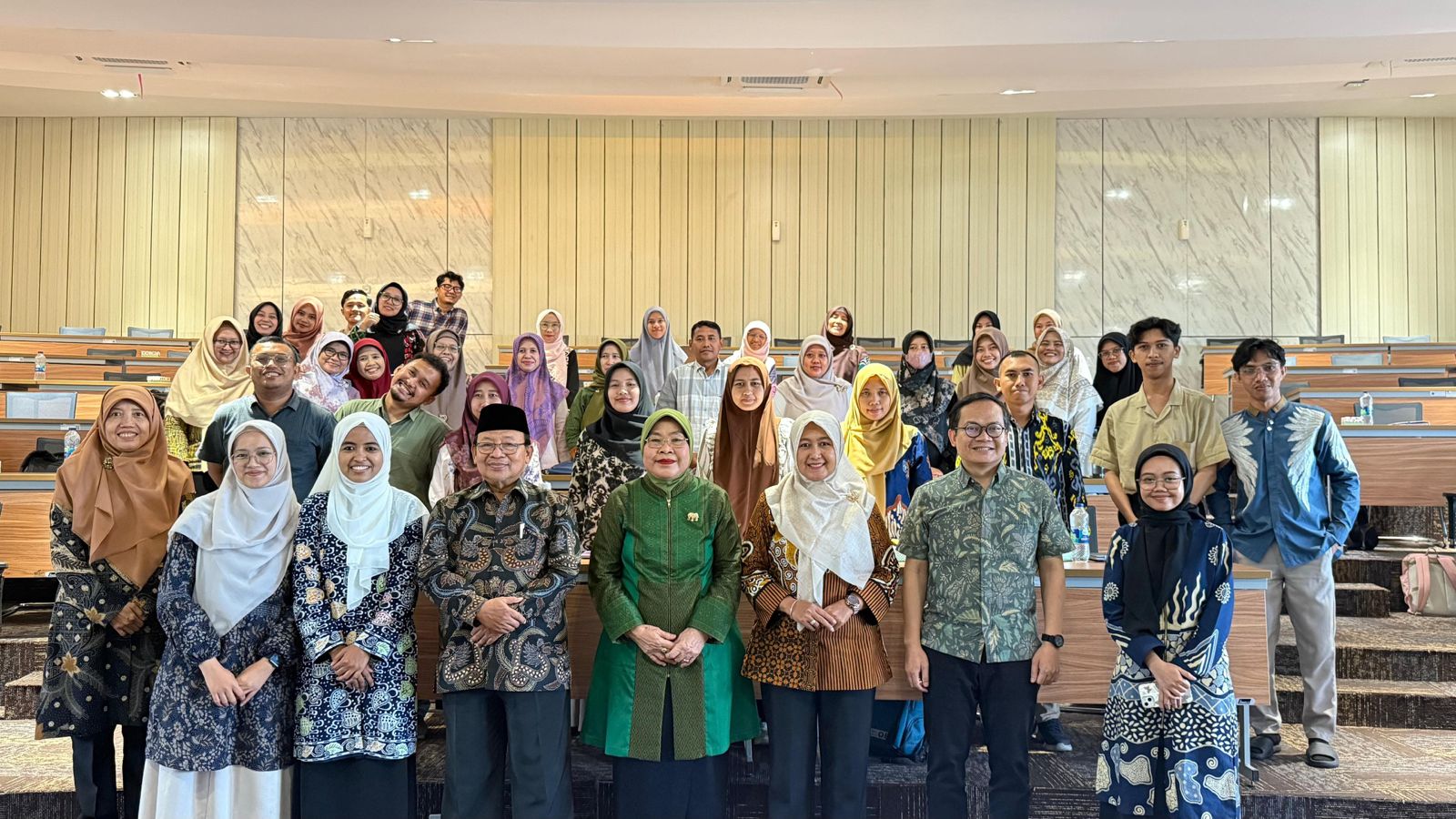
The long-debated question—can science and religion truly coexist?—took center stage at a workshop organized by the Universitas Islam Internasional Indonesia (UIII) on Friday, 10 October 2025. Held at the Faculty of Medicine, UIN Sunan Kalijaga Yogyakarta, the event brought together educators and scholars to explore how scientific inquiry and religious understanding can complement, rather than contradict, one another.
The workshop, titled “Fostering the Integration–Interconnection of Science and Religion for Educators in Islamic State University,” was part of a Community Engagement (PKM) program by the UIII Faculty of Islamic Studies. Participants—mostly lecturers from the Faculty of Tarbiyah and Teacher Training showed strong enthusiasm as they explored how integrative approaches could shape the future of Islamic education.
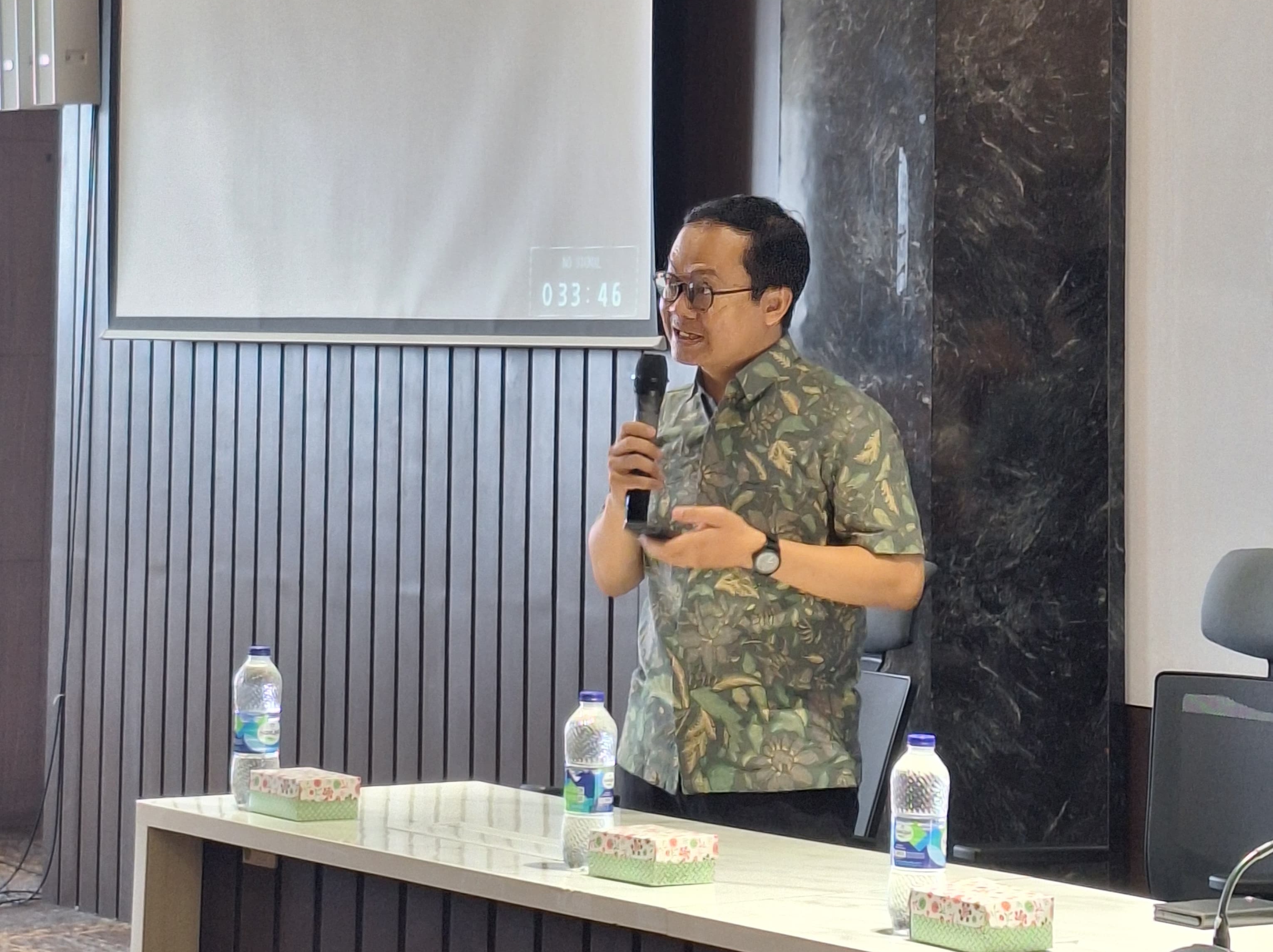 Dr. Zacky Khairul Umam, a lecturer at UIII’s Faculty of Islamic Studies served as the coordinator and opened the workshop by challenging the assumption that science and religion occupy opposing realms. He argued that integration–interconnection is not a slogan but a living epistemological project—one that invites both fields into a productive dialogue. “Science and religion should enrich each other. The task of Islamic education today is to cultivate an approach that is open, critical, and reflective,” he emphasized.
Dr. Zacky Khairul Umam, a lecturer at UIII’s Faculty of Islamic Studies served as the coordinator and opened the workshop by challenging the assumption that science and religion occupy opposing realms. He argued that integration–interconnection is not a slogan but a living epistemological project—one that invites both fields into a productive dialogue. “Science and religion should enrich each other. The task of Islamic education today is to cultivate an approach that is open, critical, and reflective,” he emphasized.
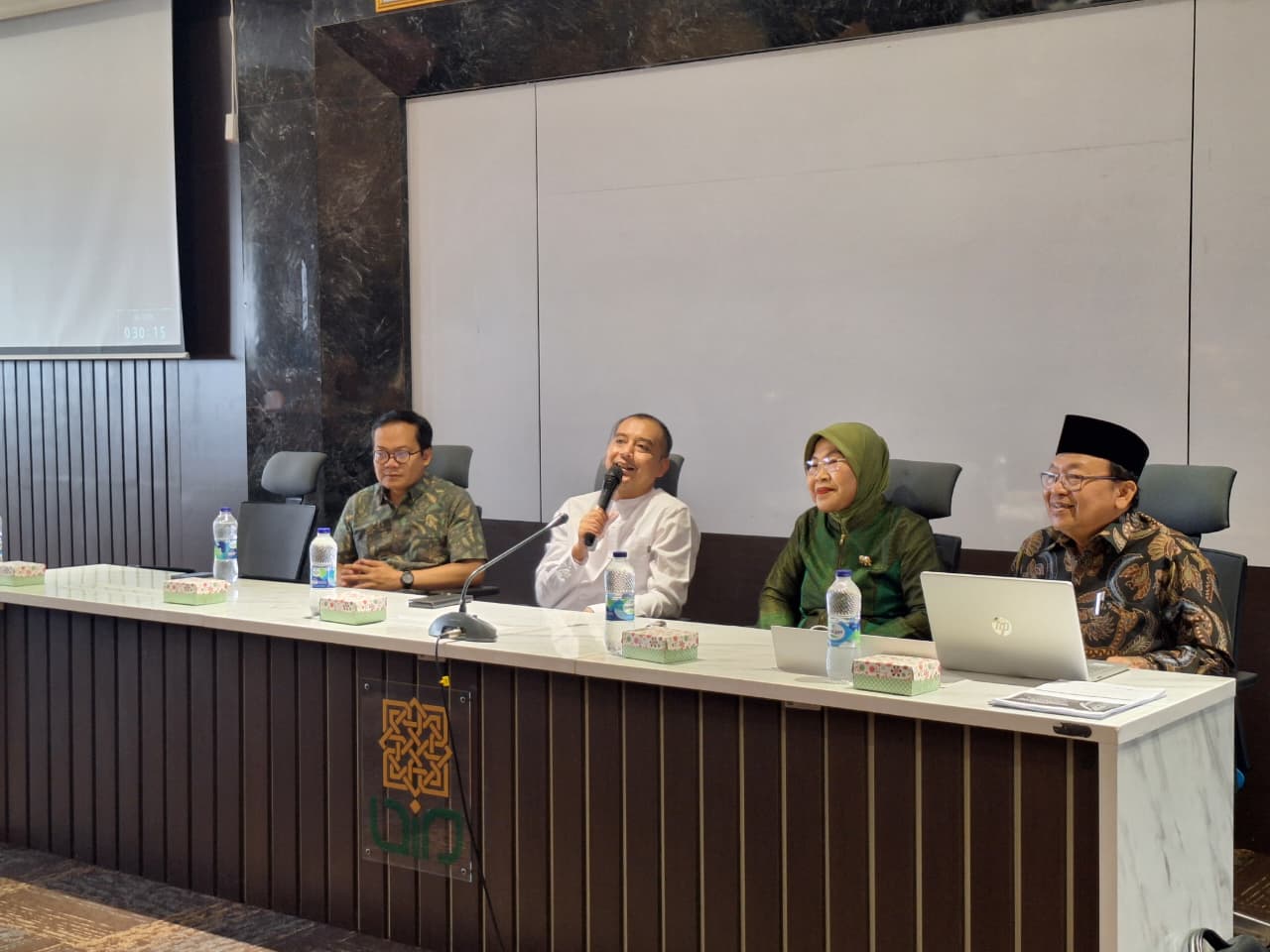 The discussion was further deepened by Prof. Suwarsih Madya, Ph.D., from UIII’s Faculty of Education, who highlighted the role of value-based pedagogy in scientific learning. She explained that modern science education must not only build reasoning skills but also nurture ethics and character—an area where religious insights can offer important grounding. Meanwhile, from UIN Sunan Kalijaga, Prof. Dr. Sigit Purnama and Prof. Dr. Maksudin shared how their institution has implemented integrative paradigms in curriculum development and academic culture.
The discussion was further deepened by Prof. Suwarsih Madya, Ph.D., from UIII’s Faculty of Education, who highlighted the role of value-based pedagogy in scientific learning. She explained that modern science education must not only build reasoning skills but also nurture ethics and character—an area where religious insights can offer important grounding. Meanwhile, from UIN Sunan Kalijaga, Prof. Dr. Sigit Purnama and Prof. Dr. Maksudin shared how their institution has implemented integrative paradigms in curriculum development and academic culture.
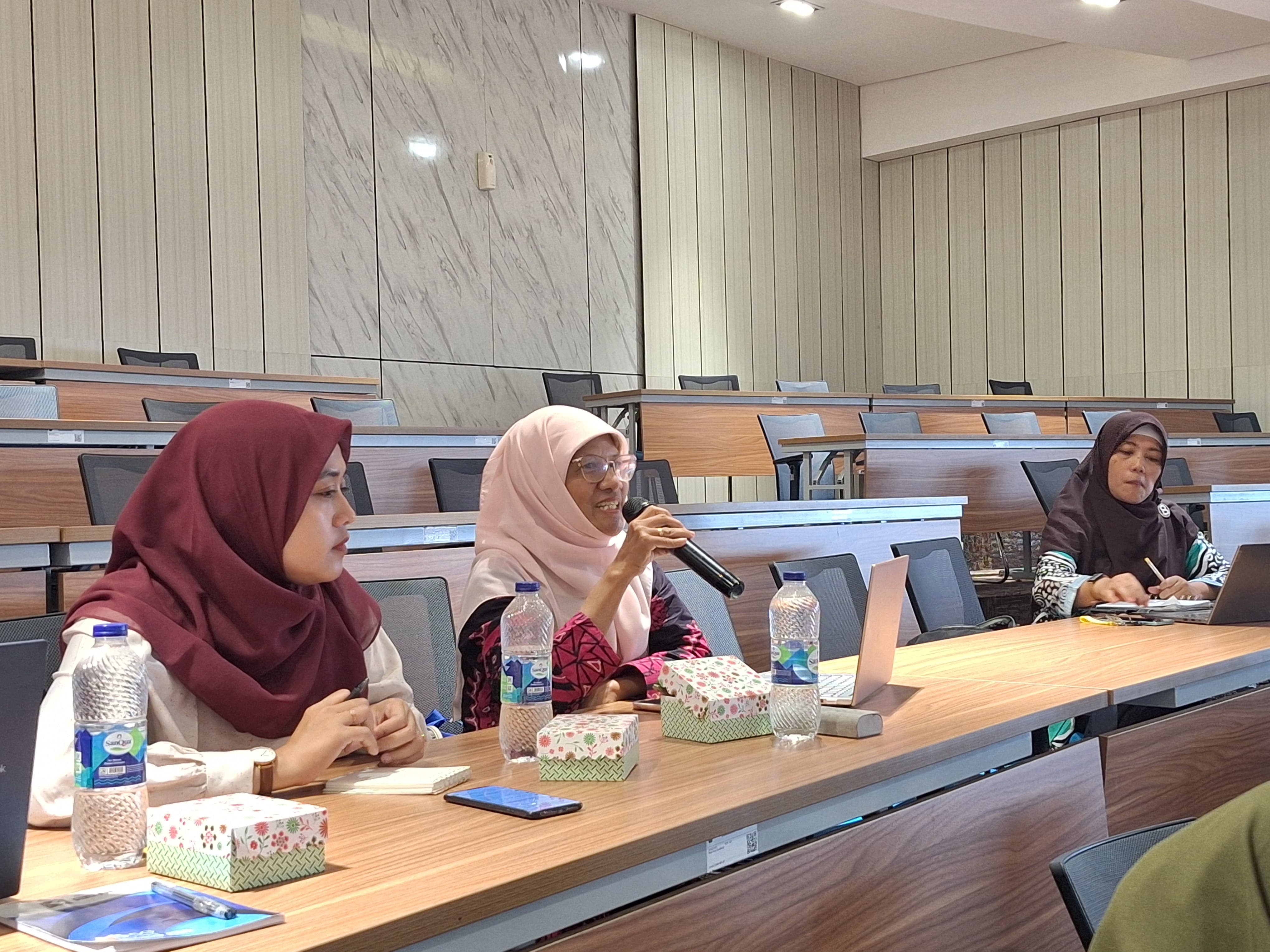 The workshop’s interactive sessions—facilitated by young scholars Jihan Ariqatur Rafiah, Khansa Asiah Ismet, and Rofiqoh Nurul Ashtiya—revealed how the science–religion relationship plays out in the classroom. Participants discussed practical strategies such as value-based curriculum design, transdisciplinary approaches, and teaching methods that merge textual Islamic inquiry with empirical scientific methods. Many noted that integration begins not with grand theories but with everyday teaching choices: how lessons are structured, what questions are posed, and how ethics are embedded in scientific learning.
The workshop’s interactive sessions—facilitated by young scholars Jihan Ariqatur Rafiah, Khansa Asiah Ismet, and Rofiqoh Nurul Ashtiya—revealed how the science–religion relationship plays out in the classroom. Participants discussed practical strategies such as value-based curriculum design, transdisciplinary approaches, and teaching methods that merge textual Islamic inquiry with empirical scientific methods. Many noted that integration begins not with grand theories but with everyday teaching choices: how lessons are structured, what questions are posed, and how ethics are embedded in scientific learning.
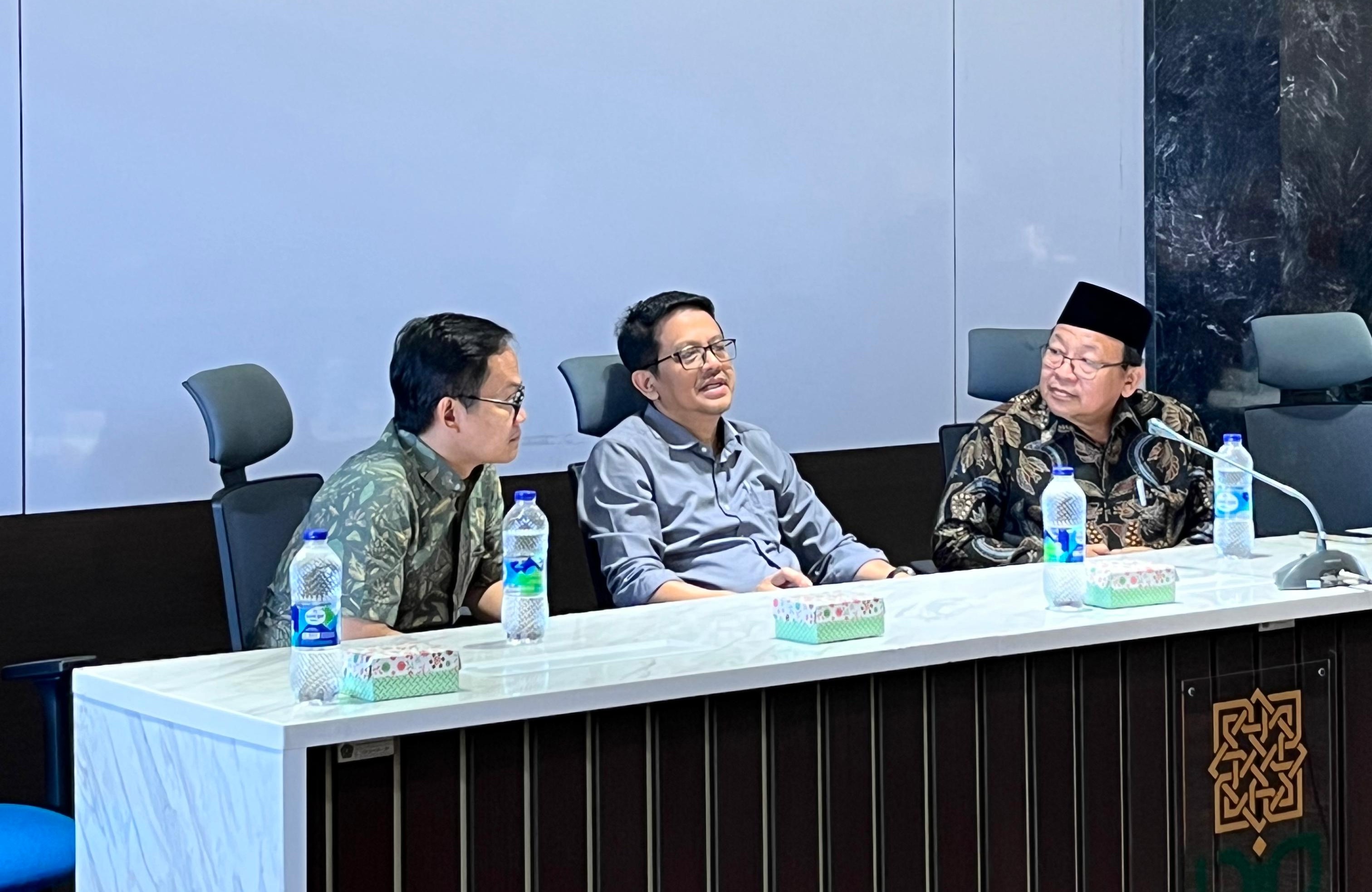 By the end of the program, the workshop had become a space where theory met practice—and where the question “can science and religion go hand in hand?” received a confident and optimistic response. Participants proposed follow-up collaborations, including integrative learning modules, joint research opportunities, and plans for a recurring academic forum between UIII and UIN Sunan Kalijaga.
By the end of the program, the workshop had become a space where theory met practice—and where the question “can science and religion go hand in hand?” received a confident and optimistic response. Participants proposed follow-up collaborations, including integrative learning modules, joint research opportunities, and plans for a recurring academic forum between UIII and UIN Sunan Kalijaga.
Through this community engagement initiative, UIII reaffirmed its commitment to cultivating a modern Islamic intellectual tradition—one that sees no contradiction between scientific progress and religious values. Instead, it envisions a generation of Muslim scholars who are scientifically competent, ethically grounded, and able to navigate both worlds with clarity and confidence.
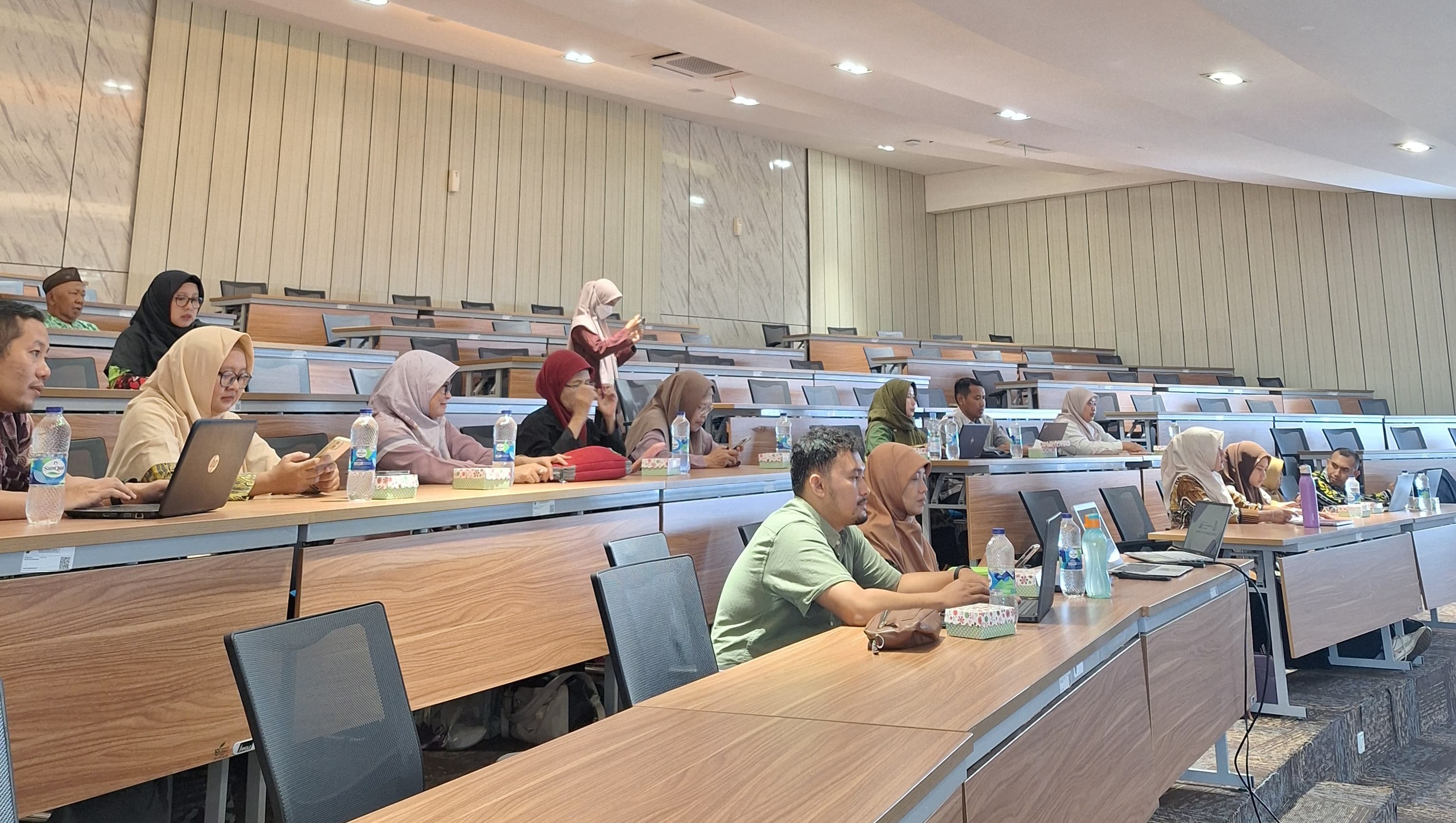
Universitas Islam Internasional Indonesia